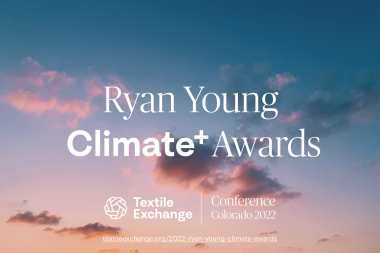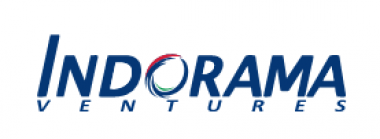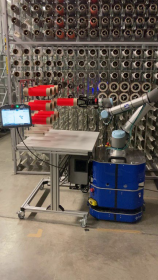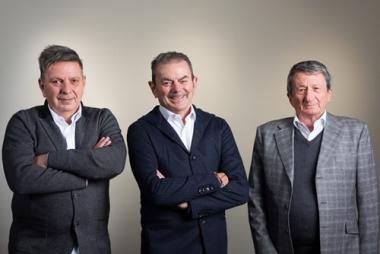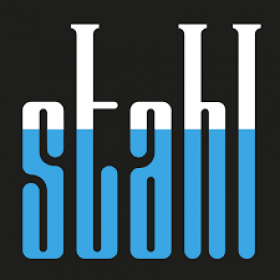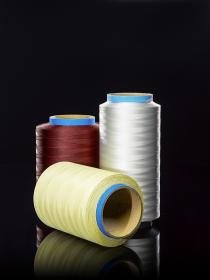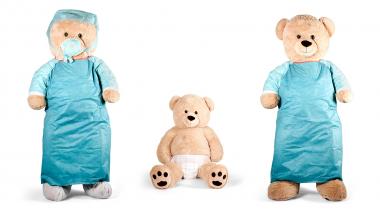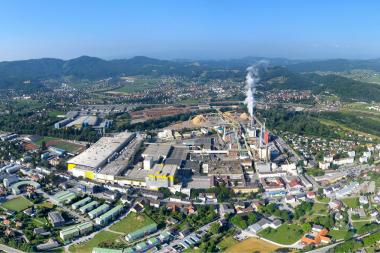Source Fashion: New international fashion sourcing platform in UK
The international fashion sourcing platform Source Fashion, taking place from 12th – 14th February at Olympia London, has announced a compelling line-up of country pavilions and over 150 audited, quality manufacturers from around the world including Peru, India, China, Pakistan, Italy, Spain, Greece, North Macedonia, the UAE, Madagascar, Jordan, Uzbekistan, Turkey, the UK and many more who will join the inaugural show, which runs parallel to Pure London.
Bringing a textile pavilion to the UK for the first time, the Peru Pavilion will showcase six manufacturers specialising in high-quality alpaca wool from the raw material right through to garment production, as well as cotton and other natural mixtures.
The main Indian Pavilion at this year’s Source Fashion, in collaboration with the Wool and Woollens Export Promotion Council, will showcase 20 established garment and textile exporters specialising in wool, woollen and acrylic fibres. The exhibitors will be showing full garments including men’s, women’s and kidswear as well as a selection of fabrics and raw materials. These exhibitors are regular export partners to the UK retail industry and already work with some big retailers in white label production.
The China Pavilion will present a selection of high-quality Chinese manufacturers ranging from full garment manufacturing through to raw materials, fabrics, cashmere and components.
Other producers and manufacturers attending Source Fashion from across Europe and the UK include:
- Mivania - an Italian knitwear manufacturer producing garments in 100% cashmere and cashmere blends.
- SATCoL (Salvation Army Trading Company) - a charity-owned textiles collector in the UK, actively working with retailers to reduce their carbon footprints.
- Kusilas - a Spanish company monitoring all the stages of the production process.
- Prime Casual - based in Leicester, UK, they specialise in the design and manufacture of ladies clothing from fast fashion, wholesale to bespoke tailoring.
- Athos Pallas - a fashion and textile agency located in Thessaloniki, Greece.
Source Fashion by Hyve / Good Results PR











